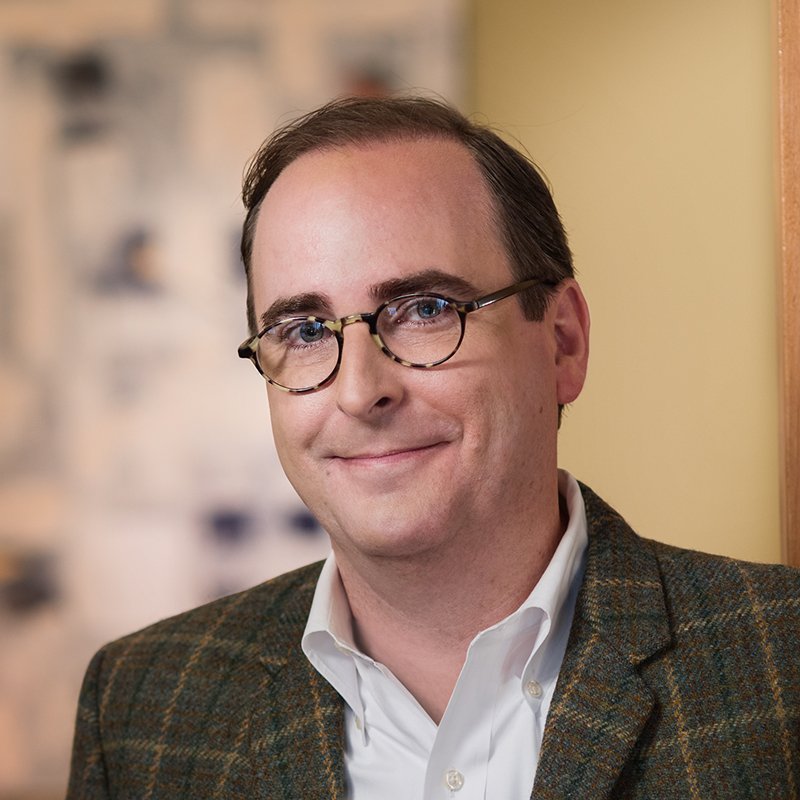Headwinds or tailwinds? This is your brain on uncertainty, but it points toward hope.
I never thought of leaving until a news anchor announced that the bridges and tunnels were all closed. There was no entering or exiting Manhattan. I’ll always remember taking my dog out to find a mass of shell-shocked commuters walking up the middle of Seventh Avenue in place of cars and taxis.
When we recall major life events, it’s often the frightening times that stand out. September 11th tops the list for me, but it also includes the dot-com crash, the Great Recession, and COVID. Now, joining those vivid mile markers is the chaos created by the current executive branch.
As stewards of nonprofits and government agencies, one day, we’ll look back on the first half of 2025 and be reminded of our shared anxiety. The “What now? What next?” of the present moment will be permanently etched into our memories. Understanding why we’re shocked helps us process the sense of the paralysis that often follows. So, here’s a behavioral economics breakdown that — eventually, I promise — provides a light to walk towards.
Life-altering events also tend to include a familiar refrain: “Why didn’t we see this coming?”
We should have.
9/11 had the preambles of Oklahoma City and the 1993 World Trade Center bombing. How could we fail to foresee the collapse of an economy propped up by NINJA loans (No Income, No Job, No Assets), no-down-payment mortgages, and widespread securitization of subprime loans? Why wasn’t it obvious that the U.S. would not be immune from a virus tearing through China and Italy? Donald Trump and his administration are doing exactly what they signaled during the campaign.
But could we?
Statewide stay-at-home orders seemed sudden, Bear Stearns’ collapse was stunning, and the Trump administration’s January 27 memorandum freezing funding previously approved by Congress left us speechless. So why didn’t we heed the foreshadowing?
There’s tension between what we intellectually expect and what we emotionally wish to avoid. When the feared outcome happens, losing hopeful denial delivers a jolt.
We unconsciously devalue future emotional events. This bias, called temporal discounting, causes us to downplay undesired scenarios because they feel far away.
Our brains are wired to respond to prediction errors, the difference between what we expect and what actually happens. Even when we expect a setback, we don’t know the specifics: the timing, the severity, or the organizational impact.
The good news is that the present situation isn’t permanent. We will move past this.
There are huge barriers to address now, and we must pay attention to persevere. But there’s another bit of behavioral science involved called headwinds/tailwinds asymmetry.
Headwinds make our work more difficult, and we’re acutely aware of them. Tailwinds help us along, and we tend to discount them. This is where to take heart. I’m not minimizing anyone’s challenges. The moment is dire, not only for cause leaders, but also for society at large. Still, a few things are worth remembering:
1 |
The energy needed to address headwinds makes them SEEM heavier.In one experiment, people were given a series of tasks to complete, some more difficult than others. Upon completion, they consistently overestimated the time they spent on the more bothersome tasks. This is why we recall our struggles much more intensely than the more numerous good times. |
2 |
Everyone believes their headwind is uniquely strong.A Cornell University study asked intercollegiate athletes to score the rigor of all athletic programs. Most of them rated their sport as the most difficult. It’s good to remember that we’re all impacted in our own way, and that it’s hard for everyone. |
3 |
You have tailwinds, too.Thanks to the negativity bias, our brains pay more attention to threats and difficulties already. Focusing on headwinds feeds resentment. Dig deep for gratitude and you’ll find tailwinds that can fuel solutions. |
Gratitude is the throughline connecting every crisis I’ve recounted here. After the shock resided and the reset took hold, we became a little more appreciative of our neighbors, our homes, our families’ safety and our health. Eventually, we’ll get there again.
In solidarity,
Kevin


